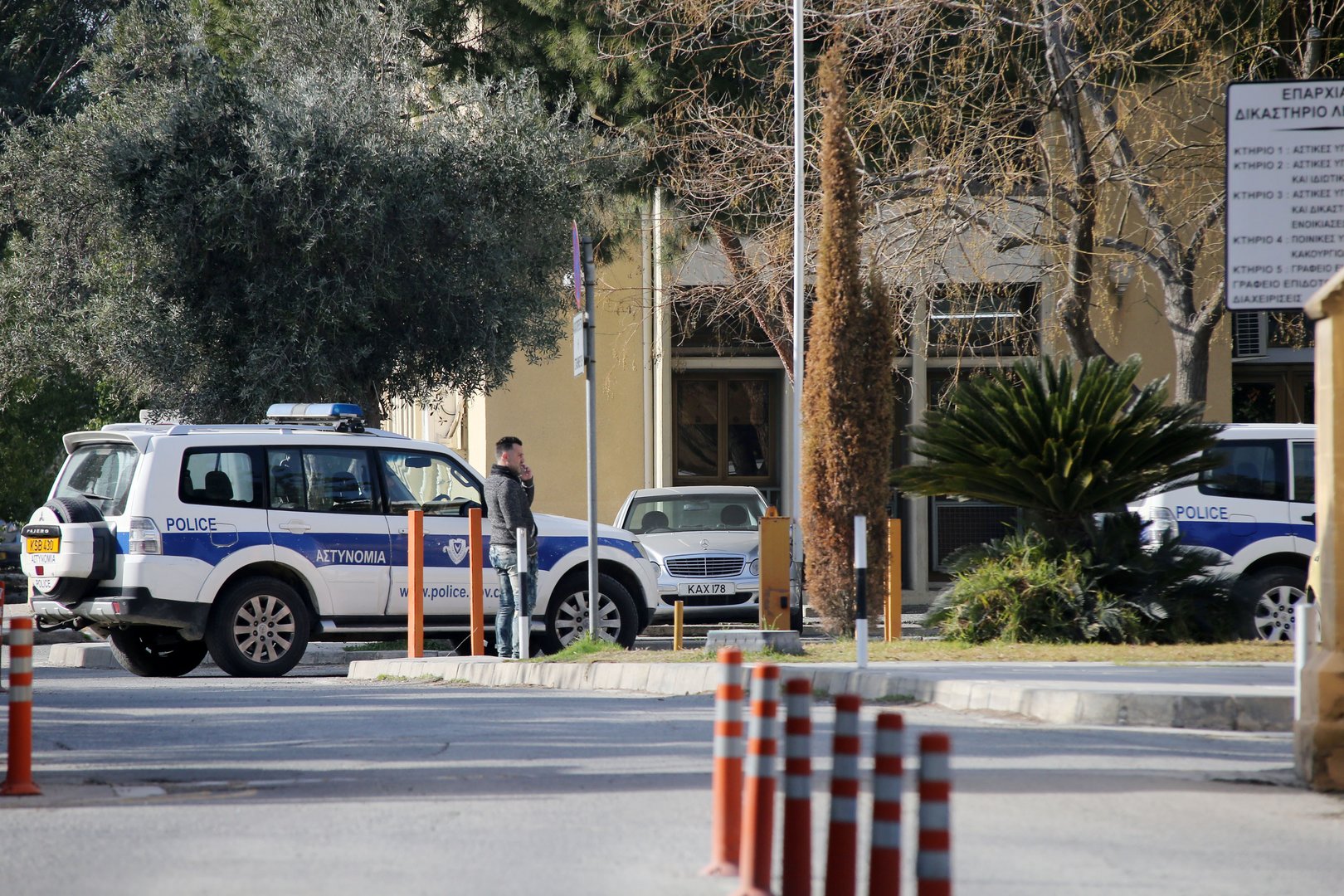Greek Cypriot businessman Savvas Kakos testified as a prosecution witness in the ongoing trial of Turkish-Israeli property developer Simon Mistriel Aykut at the Nicosia Criminal Court on Wednesday.
Aykut, who claims nationality in Turkey, Israel, and the ‘TRNC’, is being tried for the alleged usurpation and sale of €43 million worth of Greek Cypriot property in the north.
The founder of the Afik Group, Aykut oversaw large-scale construction projects in Trikomo and was arrested in June last year while attempting to cross into areas controlled by the Republic.
Kakos, the founder, president, and CEO of Quality Group developers, described how he had met the defendant’s son, Yaakob (Jacob) Afik, who had approached him about the sale of the Mackenzie Estate in Larnaca.
Although they did not reach an agreement due to the high asking price, Yaakob Afik invited Kakos to occupied Famagusta, he said.
Kakos said that during the visit, he was given a tour of a large development project named “Ceasar” in the area of Old Salamis towards Trikomo.
He said he was struck by the scale of the project, describing it as resembling “mushrooms sprouting everywhere,” not just isolated buildings.
When he questioned Afik about the low sales prices, he was told this was due to cheap labour and materials from Turkey and the fact that “the land was bought by Simon,” he said. Yaakob Afik allegedly admitted to Kakos that “the area before 1974 was inhabited by Greek Cypriots.”
According to Afik, the buyers of the properties were mainly Israelis, Azerbaijanis, Russians, and Iranians.
During the visit, Kakos met briefly with the accused, Simon Aykut, whom Yaakob introduced as the “big boss.” Kakos said he left shortly after, feeling “greatly shocked” by what he had seen.
Following an article in Politis and a related report on SigmaTV, Kakos said he received a phone call from a woman named Tamara from Georgia, warning him that his life was in danger.
Kakos claimed that Yaakob Afik held him and Tamara responsible for the media revelations. He filed a complaint with Larnaca police, and patrol cars were sent around his house for security for a period.
During cross-examination by defence attorney Maria Neophytou, Kakos denied that he had sent property titles to Greek Cypriots who wanted to sell their land in the occupied territories. However, he acknowledged that there are “procedures” through an “agency” for such transactions, without elaborating further.
The defence also submitted that Kakos had continued to maintain contact with Yaakob Afik after Simon Aykut’s arrest, sending messages of support, which Kakos said he did not acknowledge.
Seventy-three-year-old Aykut remains in custody, and Criminal Court President Christina Parpota has scheduled the next hearings for June 2, 6, 19, and 23, starting at 9.30am. The next scheduled witness was unable to attend due to an injury and, according to a medical certificate, will need 20 days to recover.
On Tuesday the Court had been shown a television interview broadcast by Turkish channel NTV, during which Aykut spoke to the presenter about the 3,500 residential properties he had built near Trikomo, of which he said 105 had been sold to Israeli nationals, and in the course of the interview also refuted suggestions of any personal links to Zionism.
Outside of Aykut’s case, the number of cases regarding the alleged illegal development of Greek Cypriot property in the north is on the rise, with two Hungarian nationals having become the first to be sentenced to prison over the matter earlier this month.
They had admitted to promoting and advertising the sale of houses near Kyrenia on the internet.
Meanwhile, the case of a German national who reportedly spoke about selling property in the north to an off-duty police officer during a flight to Larnaca is ongoing, and arrest warrants have been issued for four Turkish nationals in connection with developments in the Famagusta district village of Lefkoniko.
Turkish Cypriot leader Ersin Tatar had described the arrests as “acts of terrorism” and likened the moves to the violence faced by Turkish Cypriots in the 1960s, while the north’s ‘finance minister’ Erhan Arikli had called for “revenge”.






Click here to change your cookie preferences